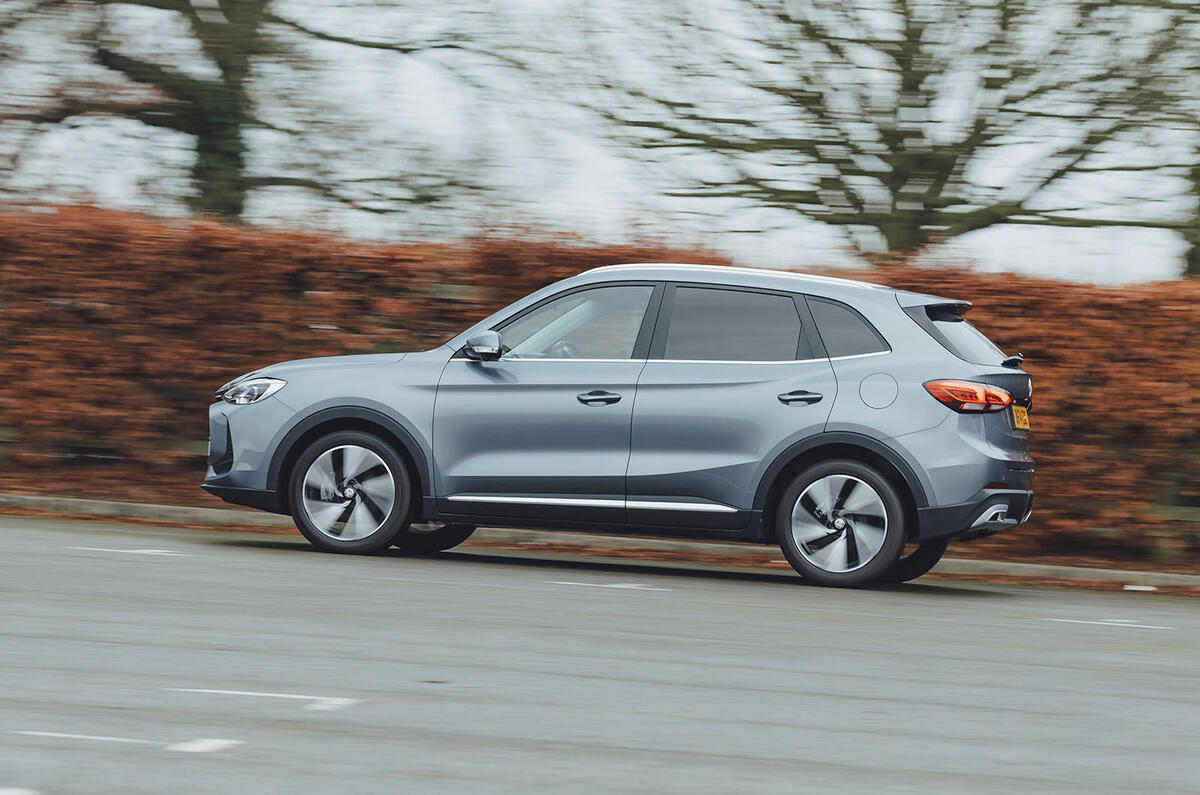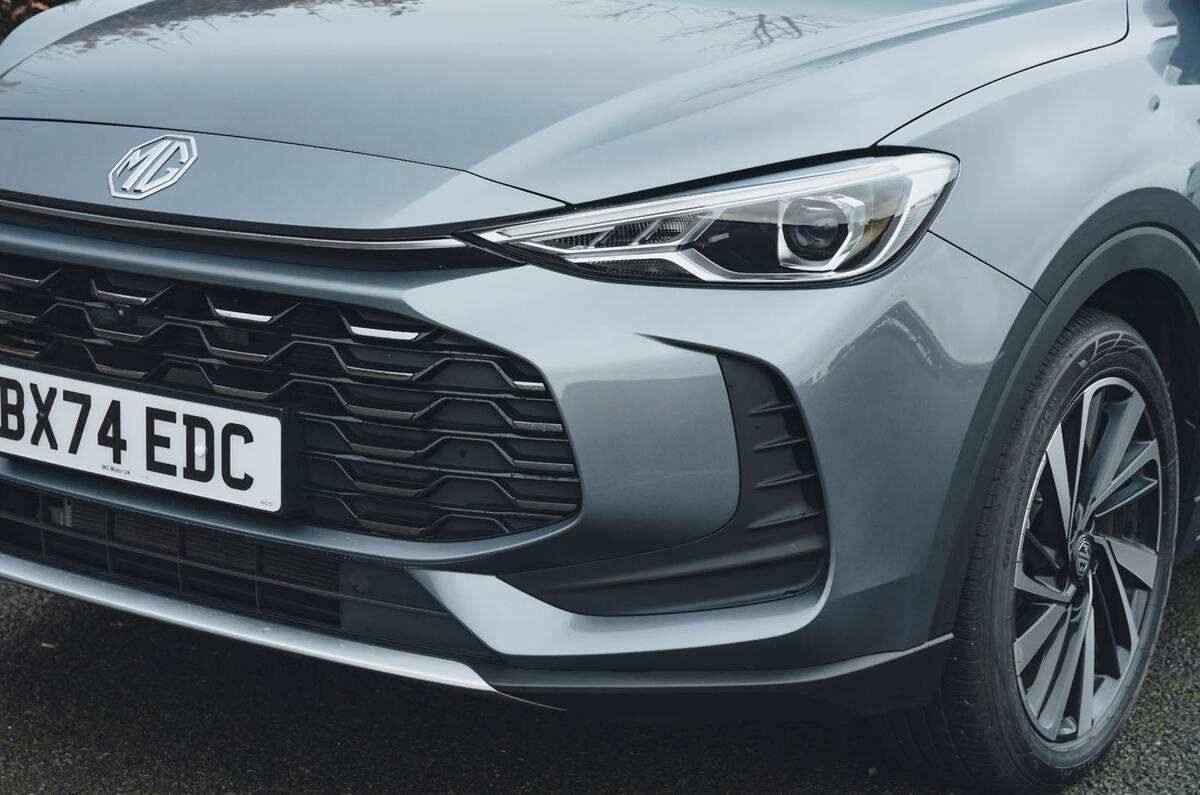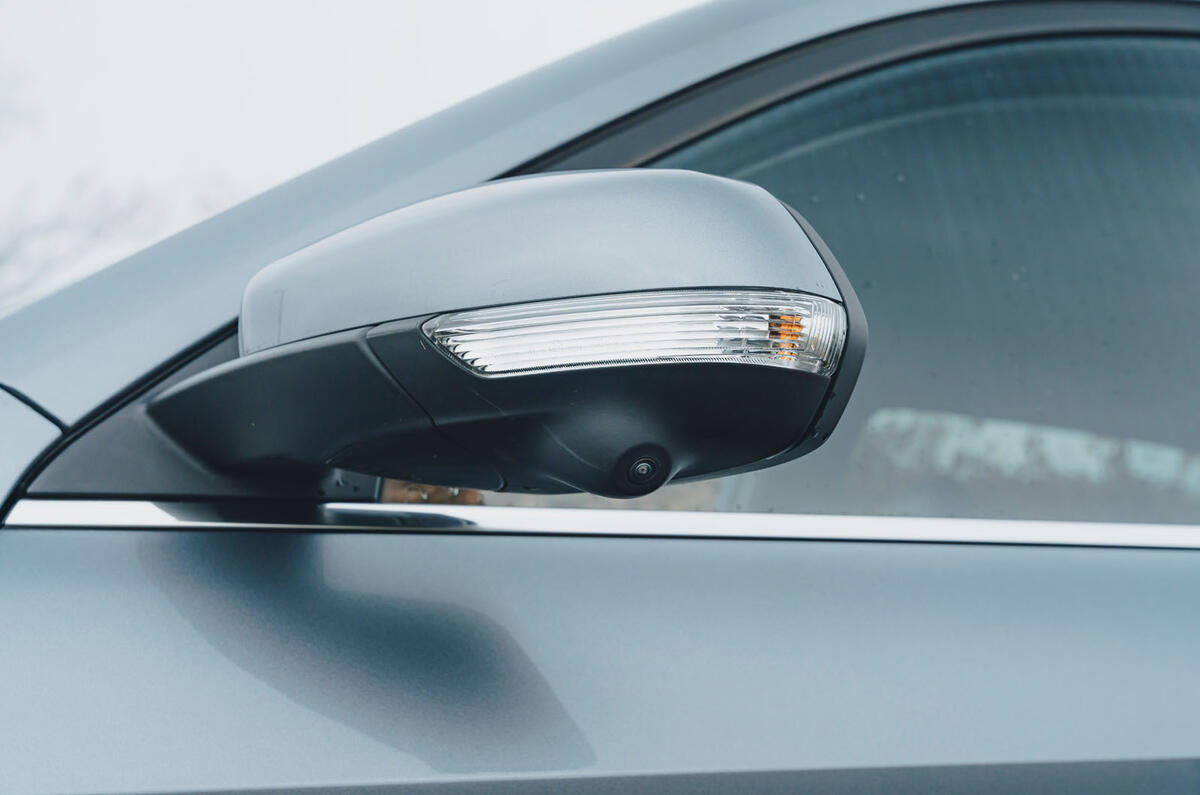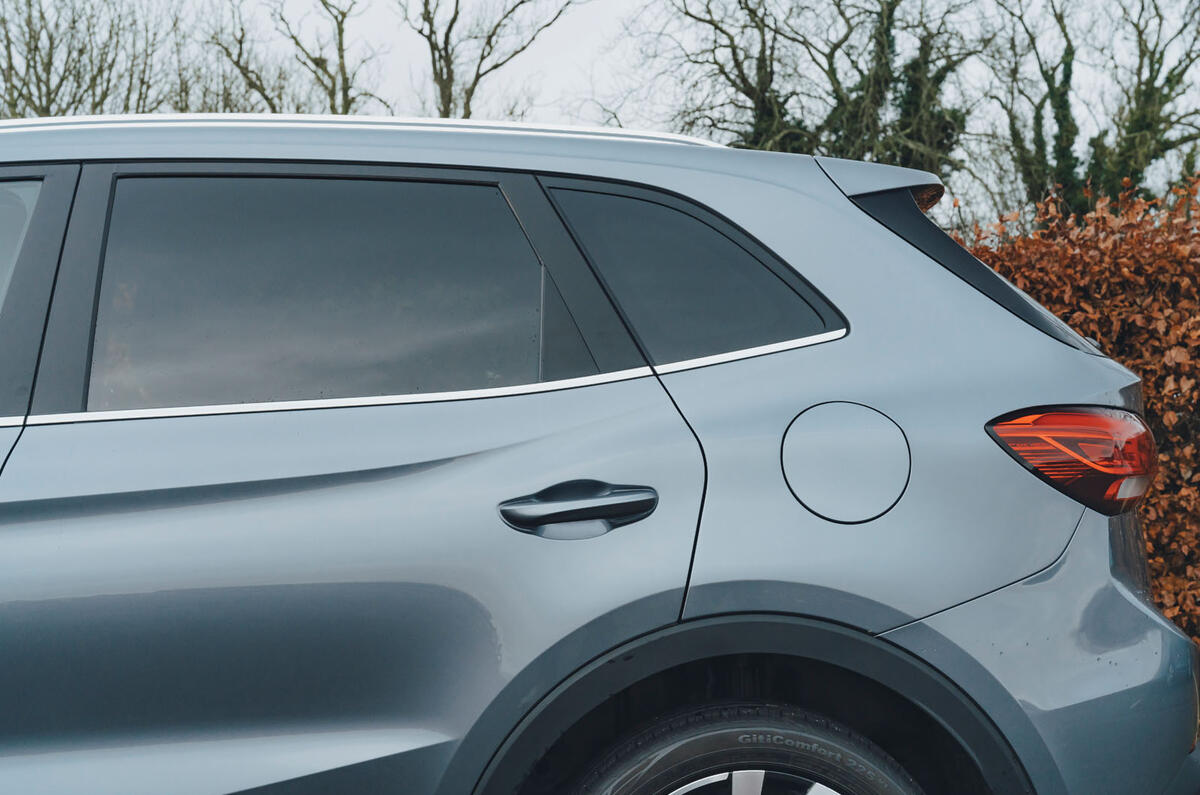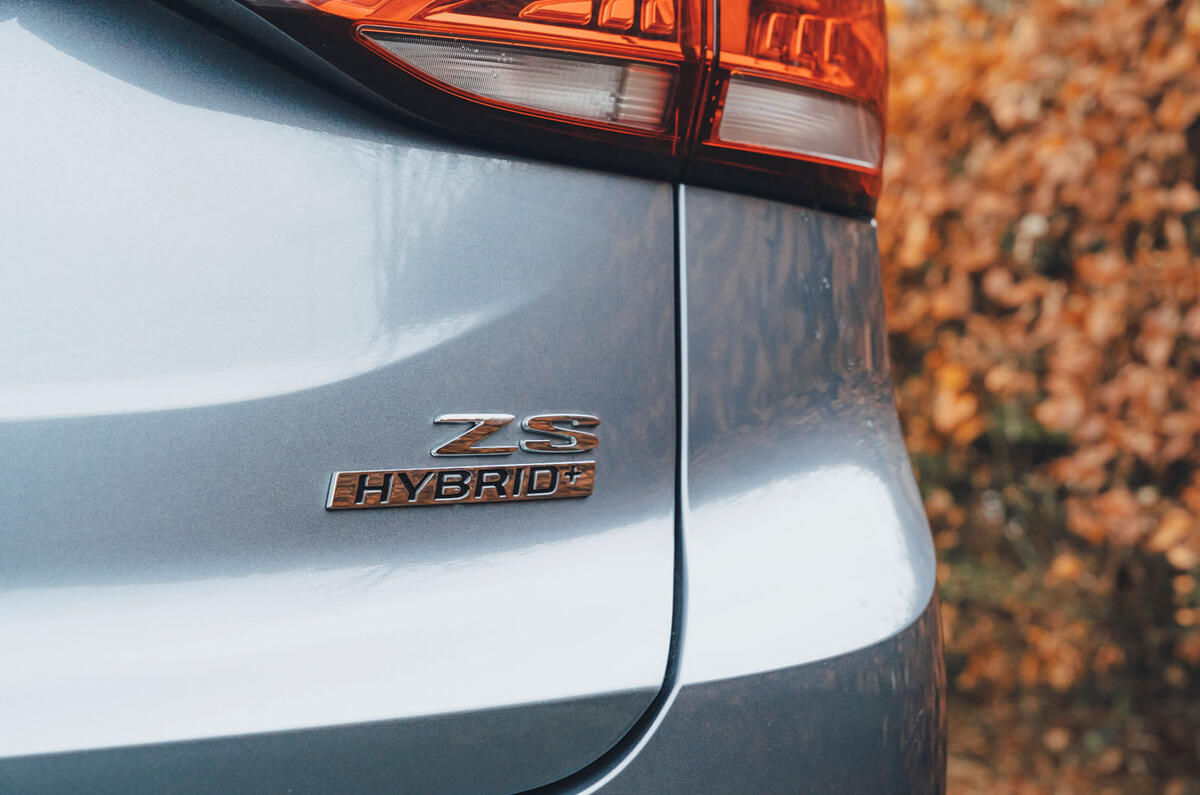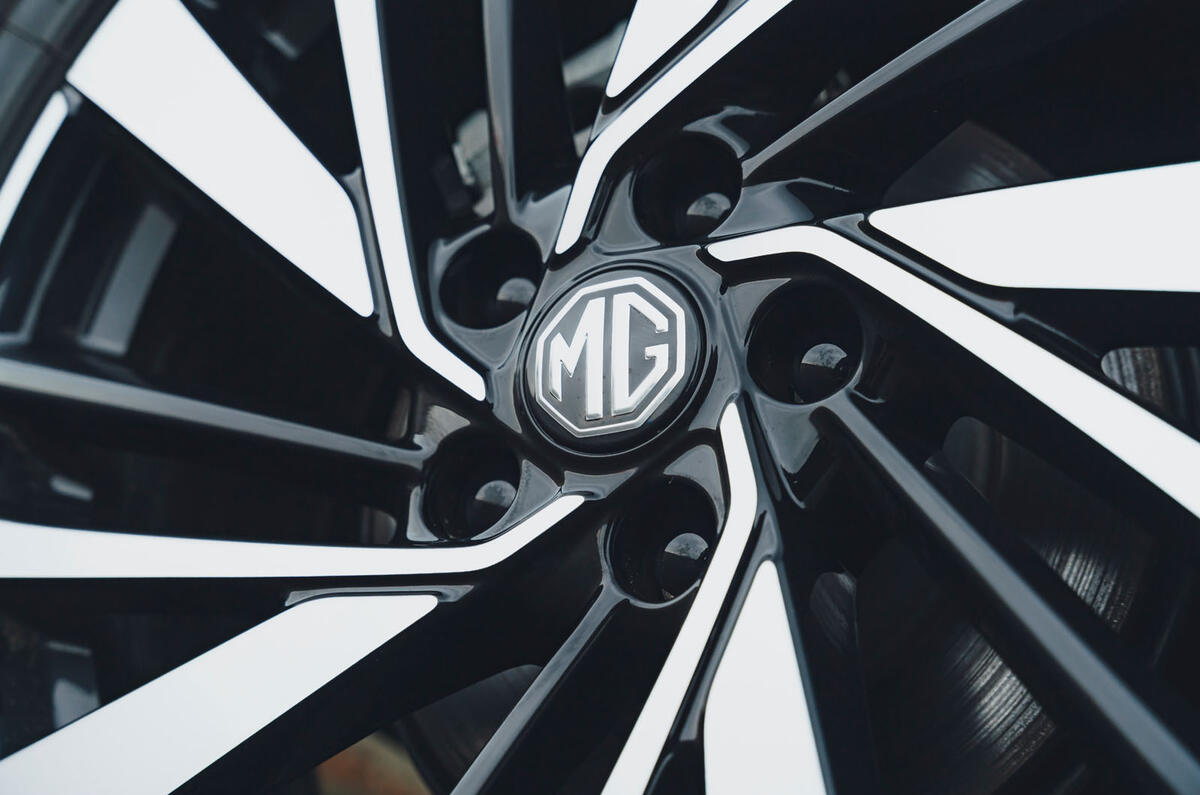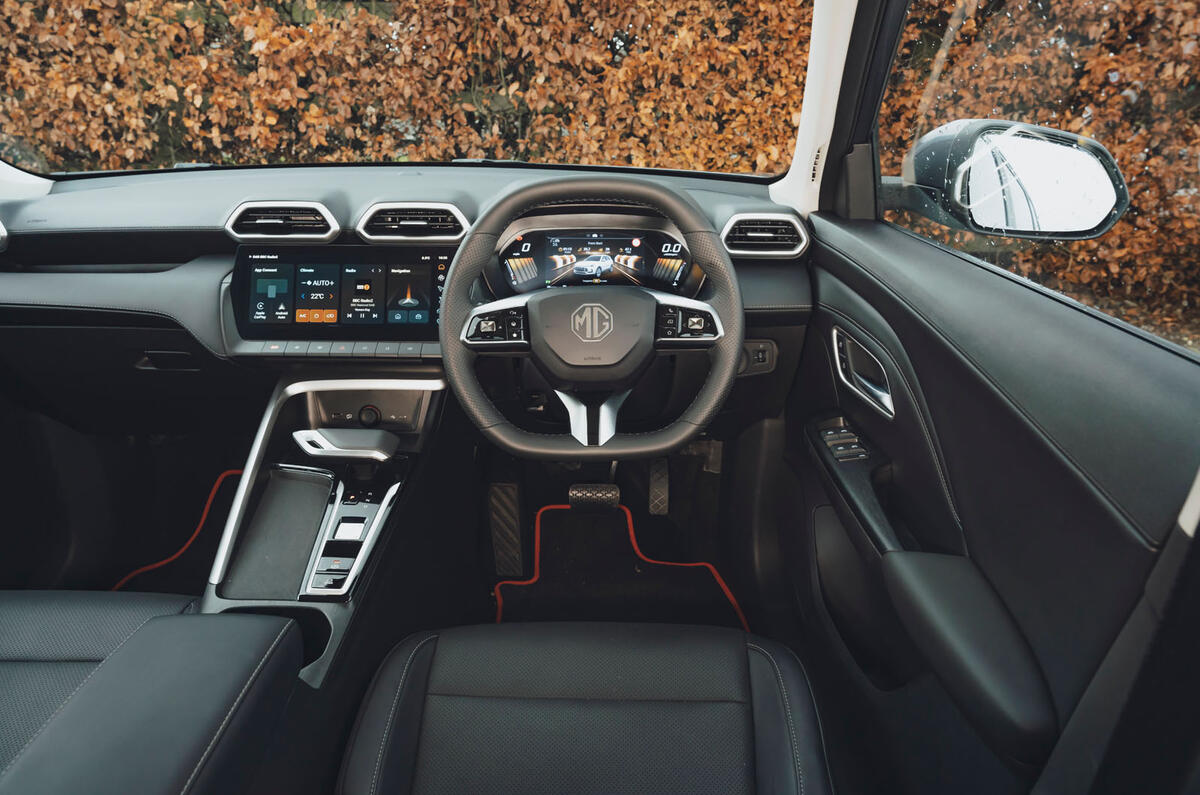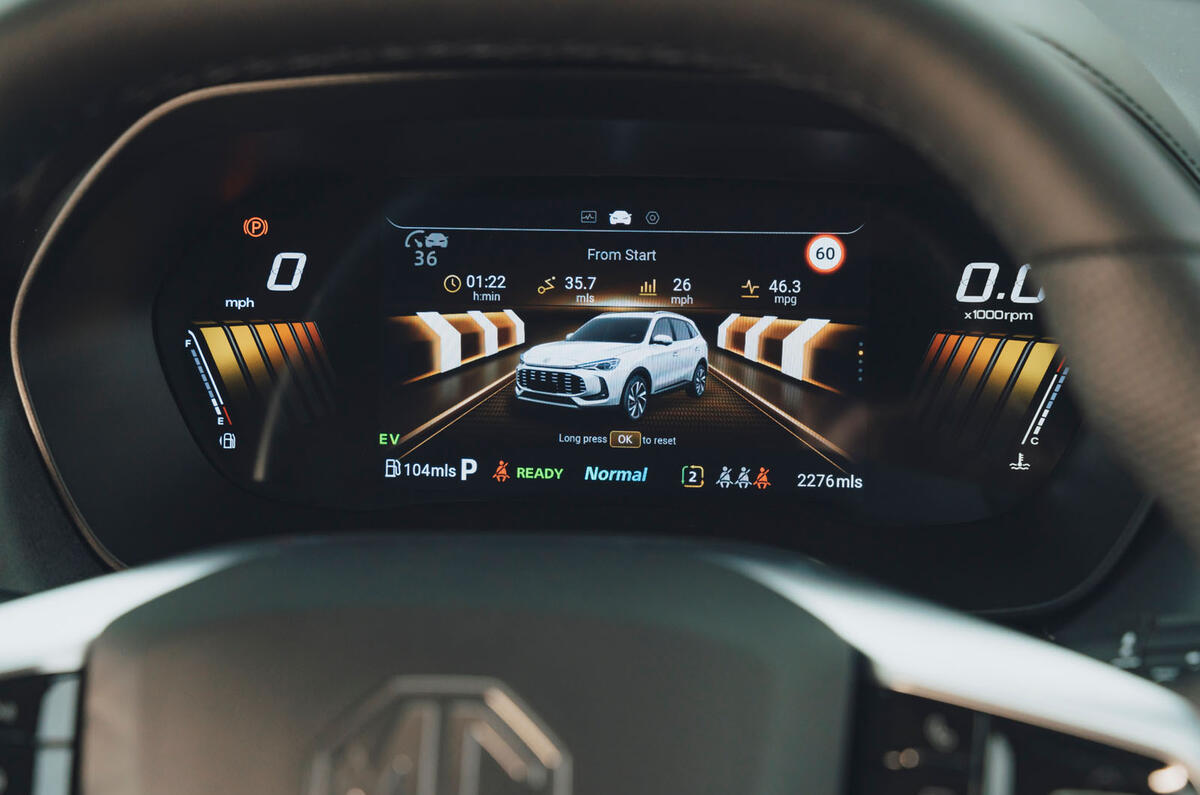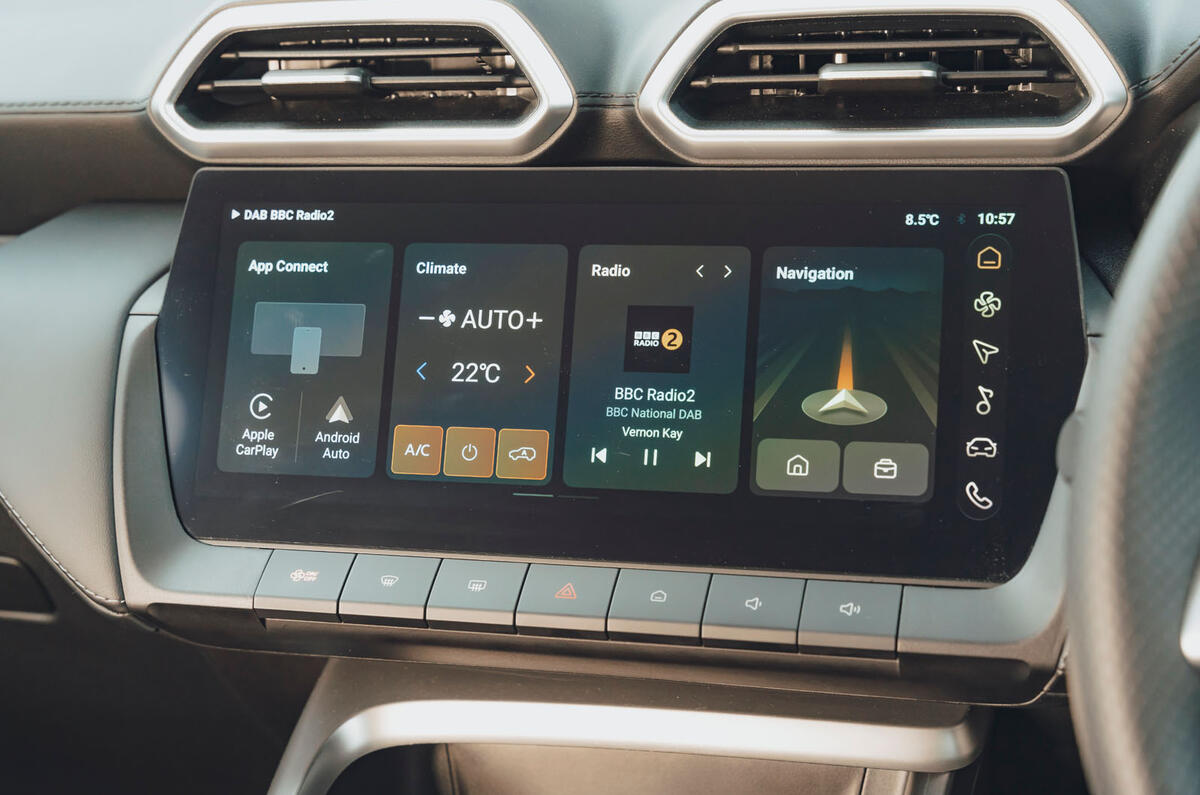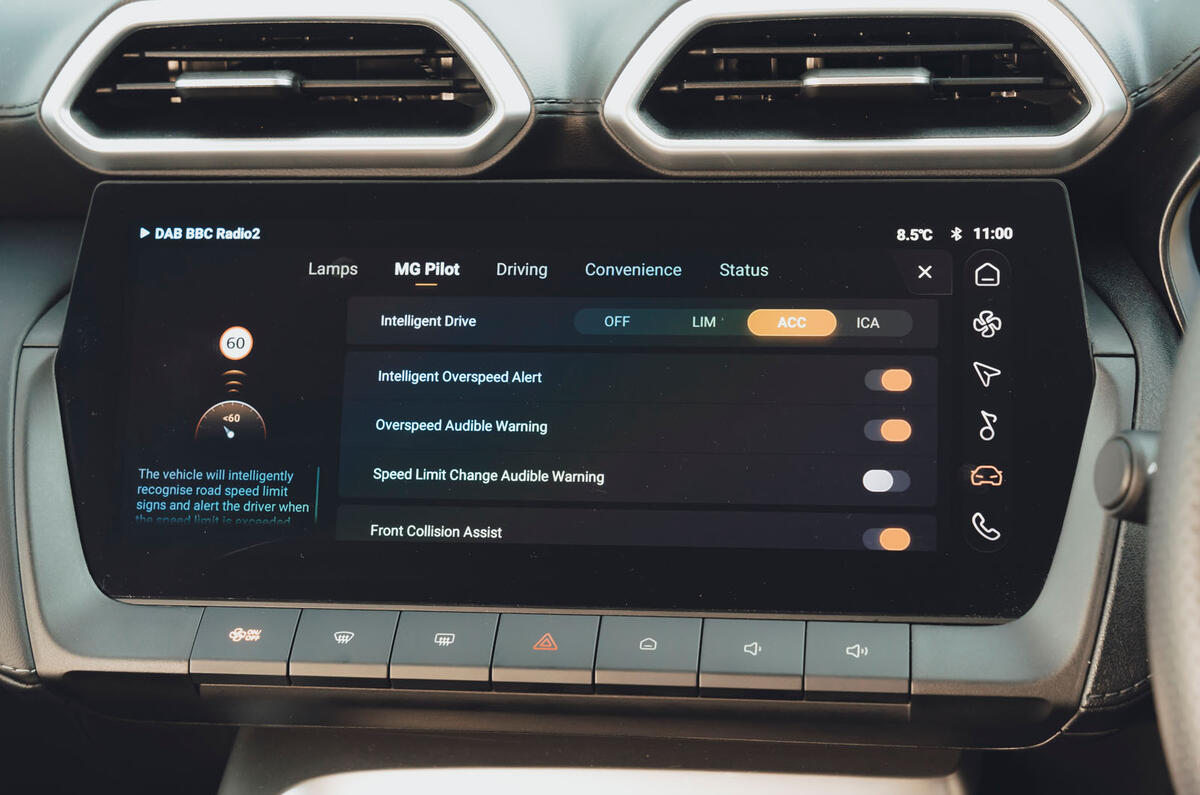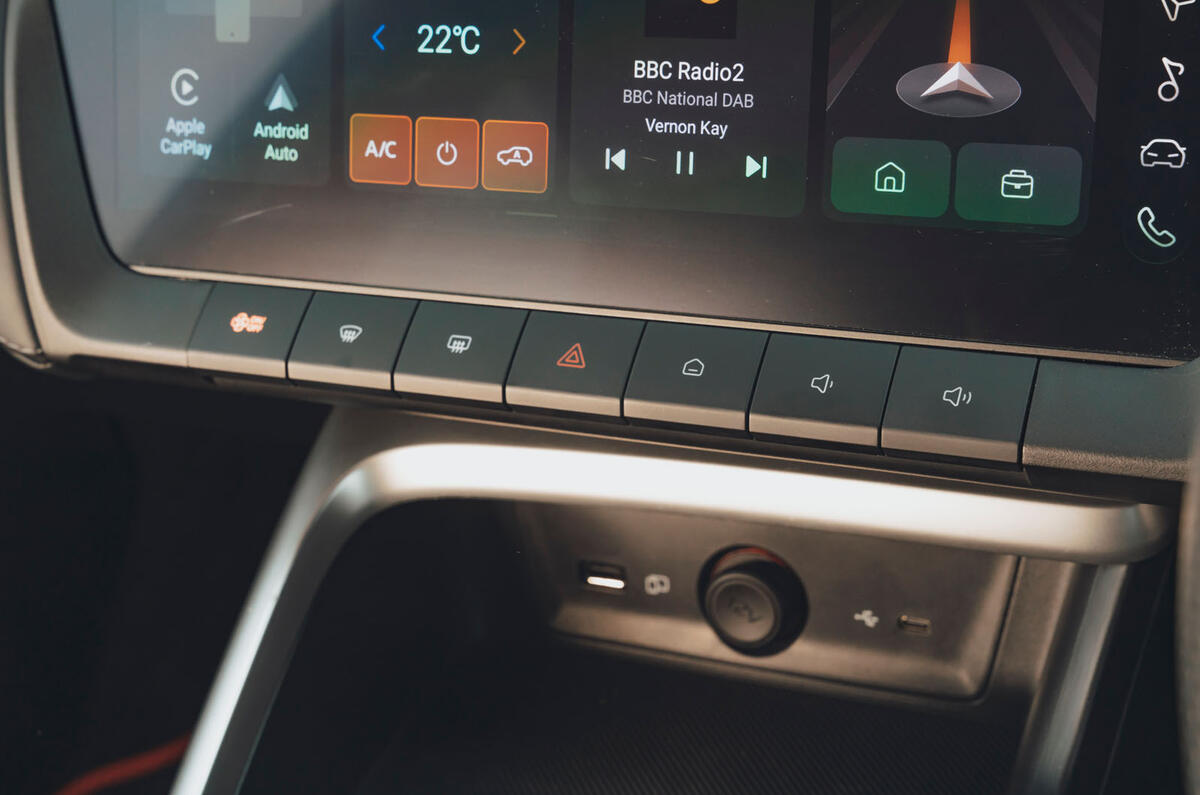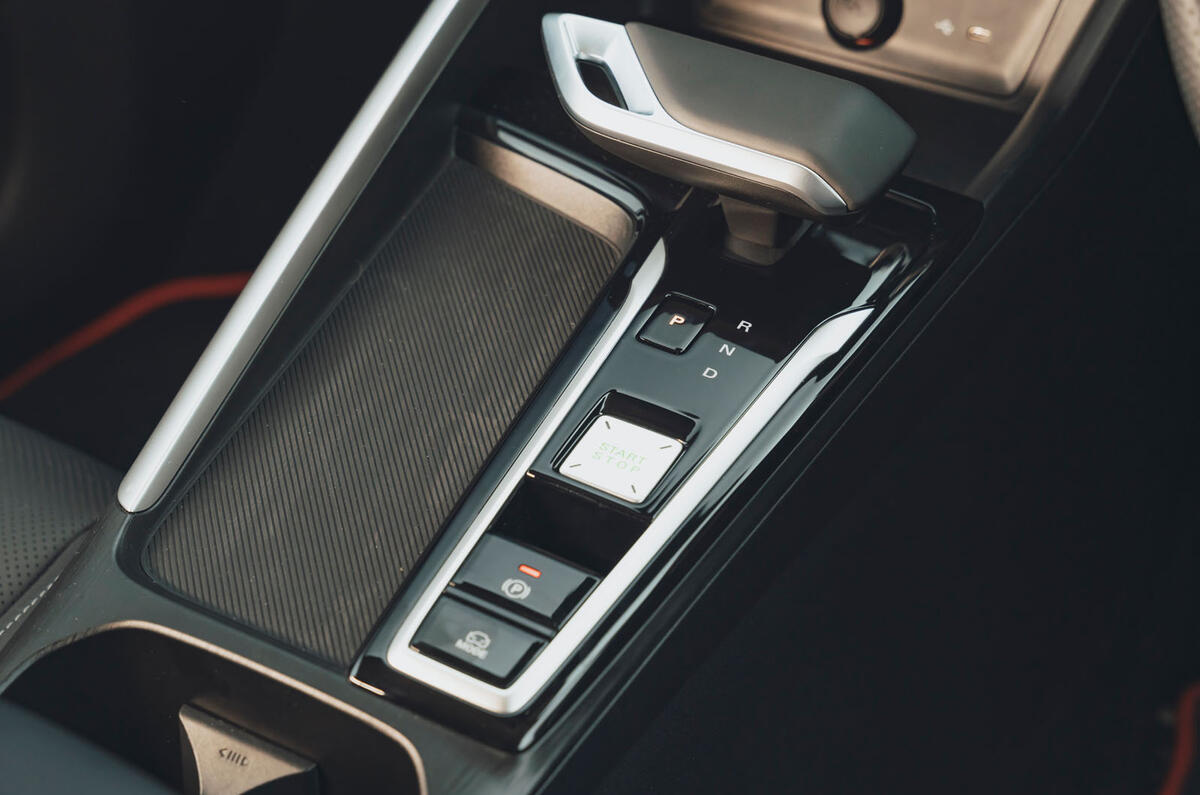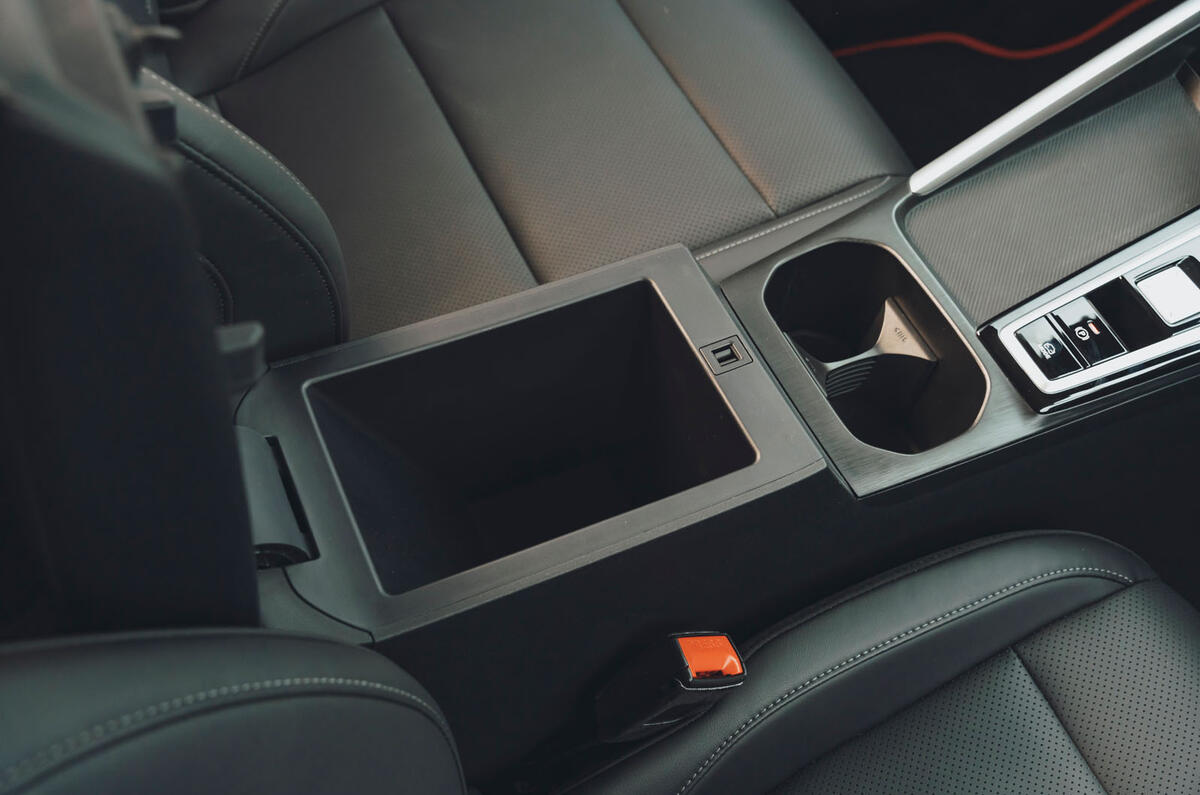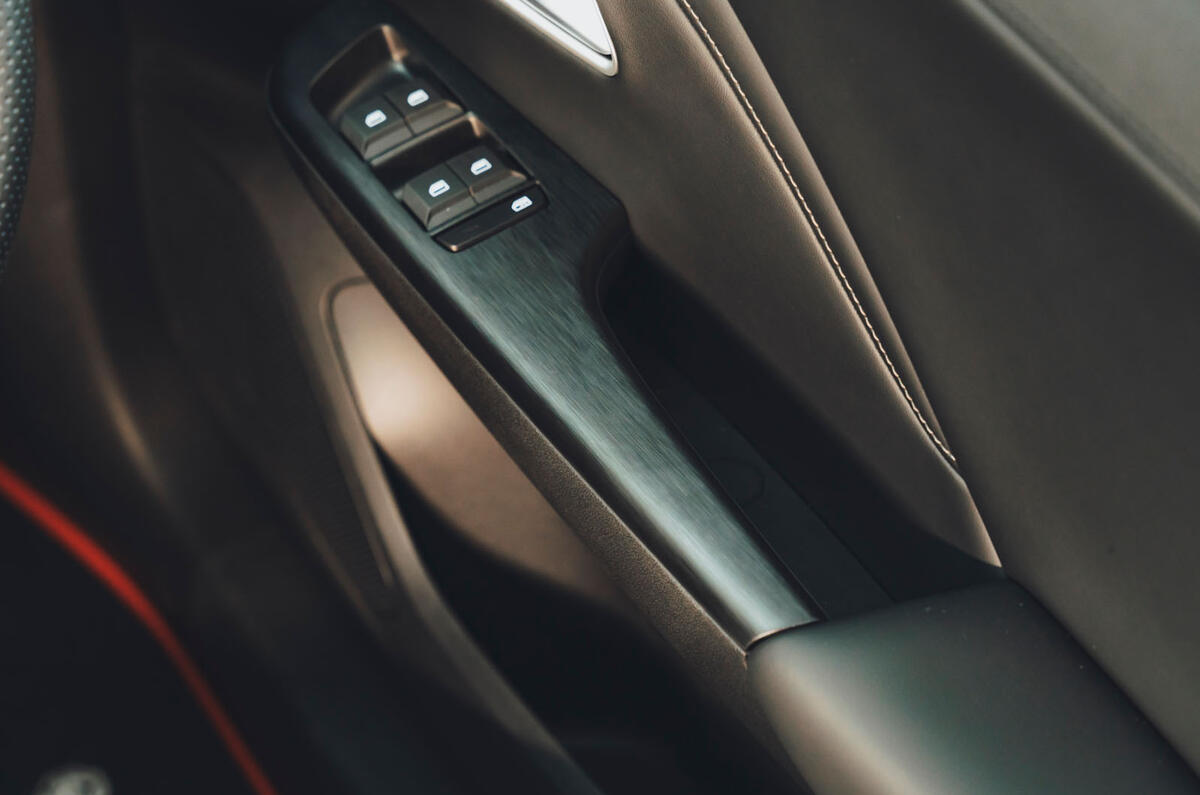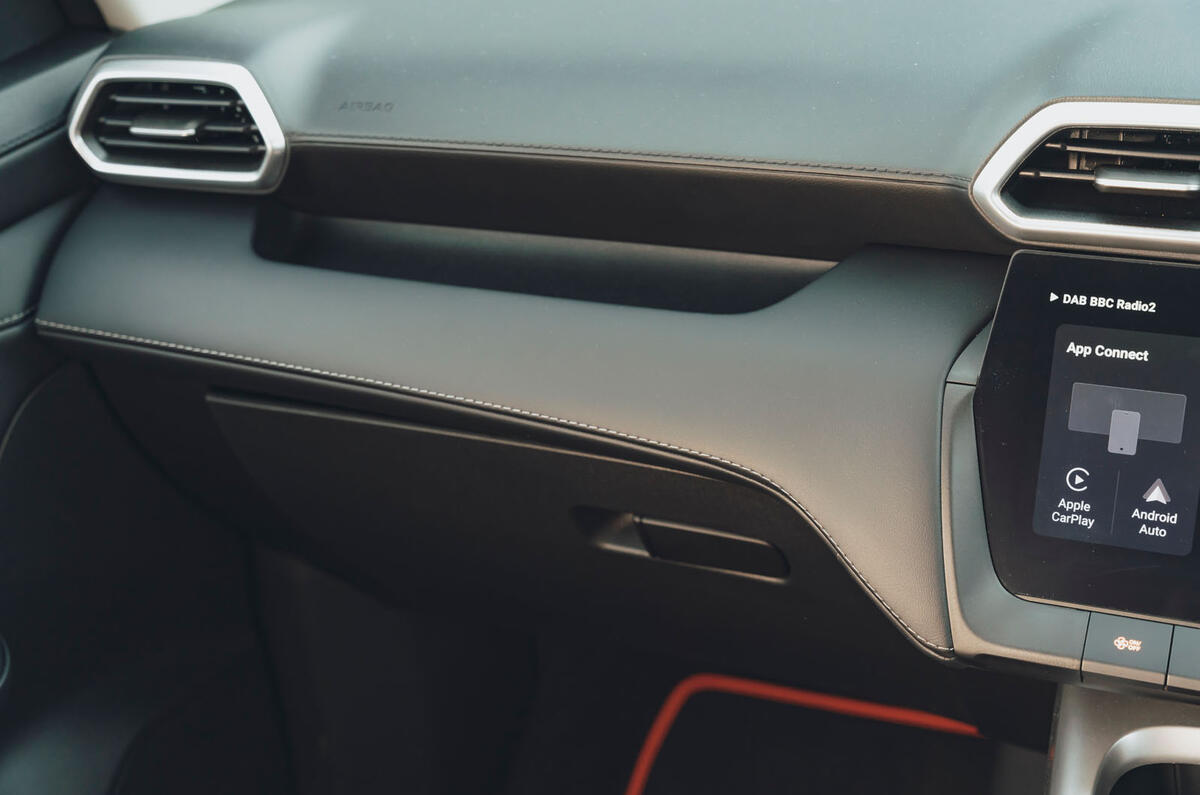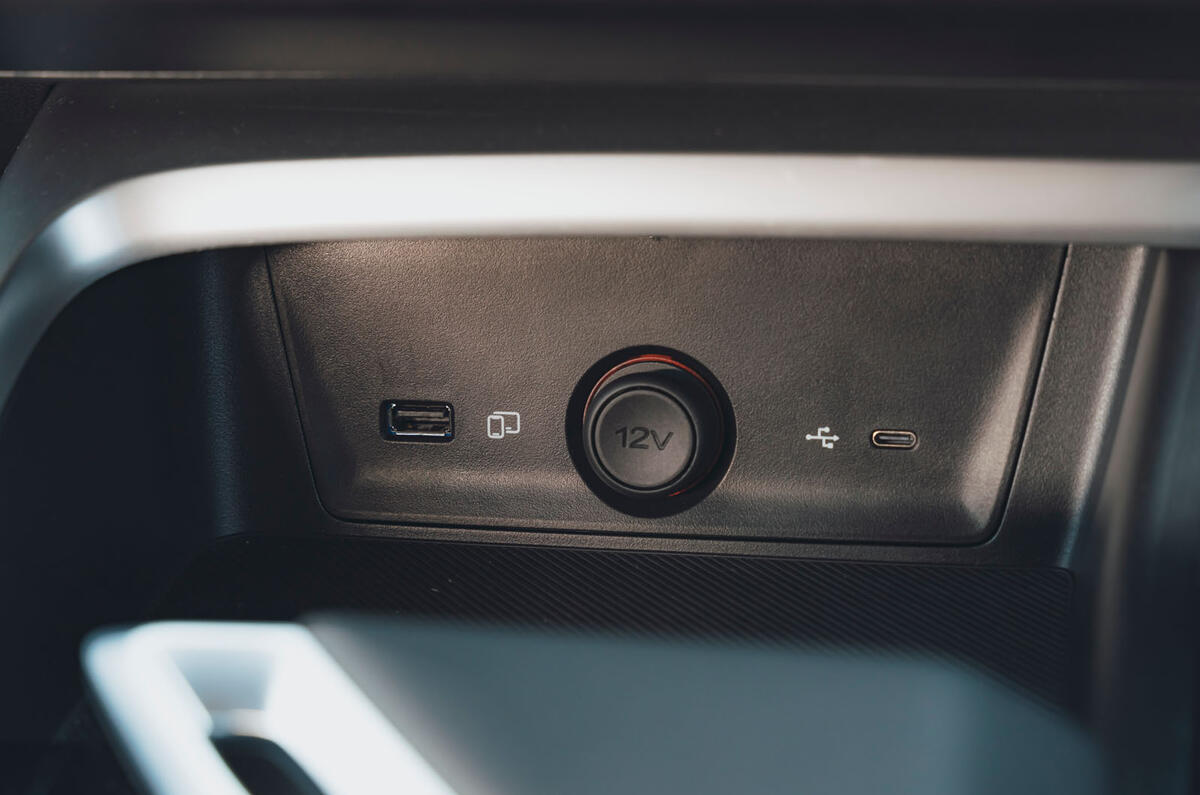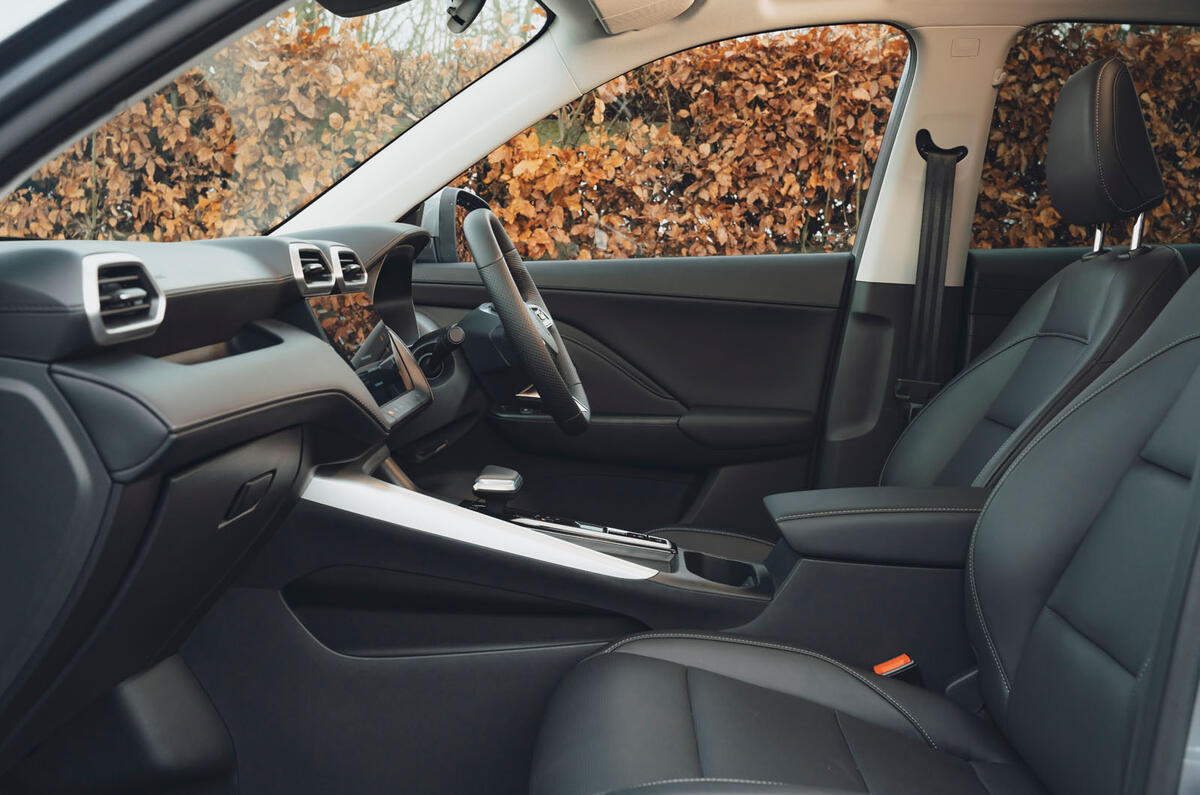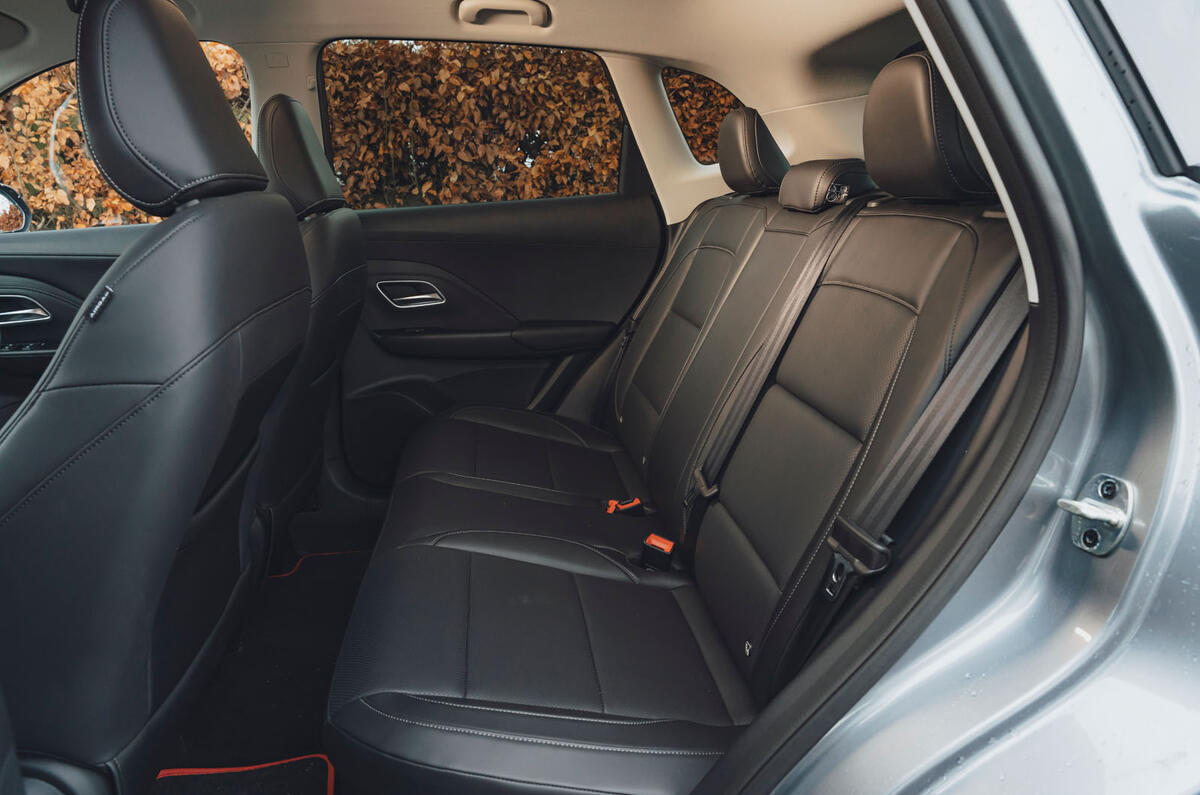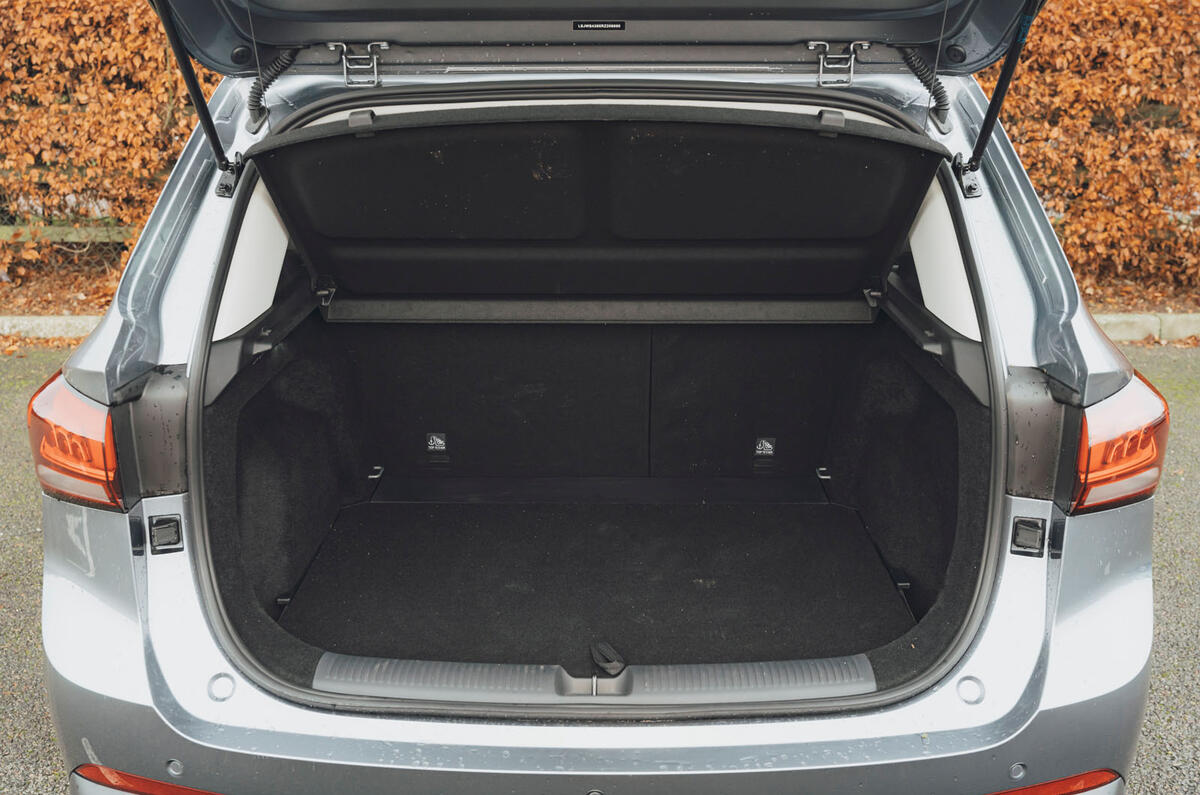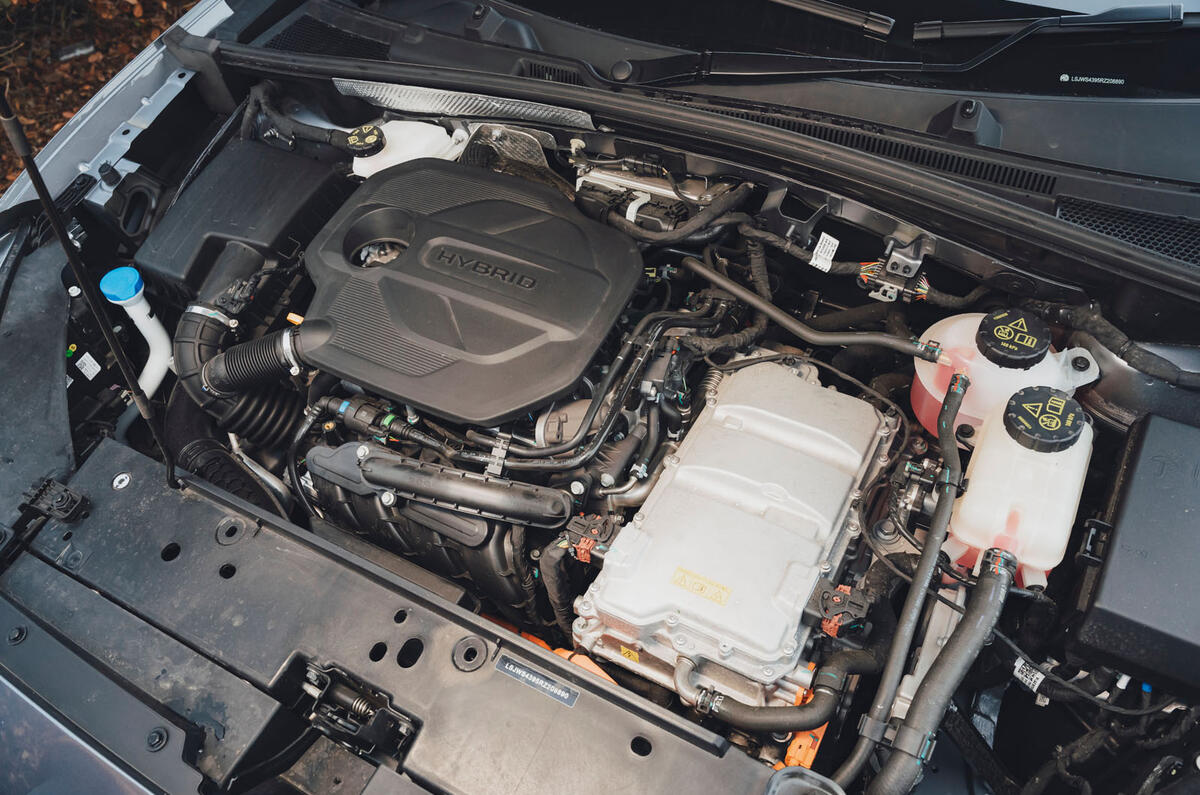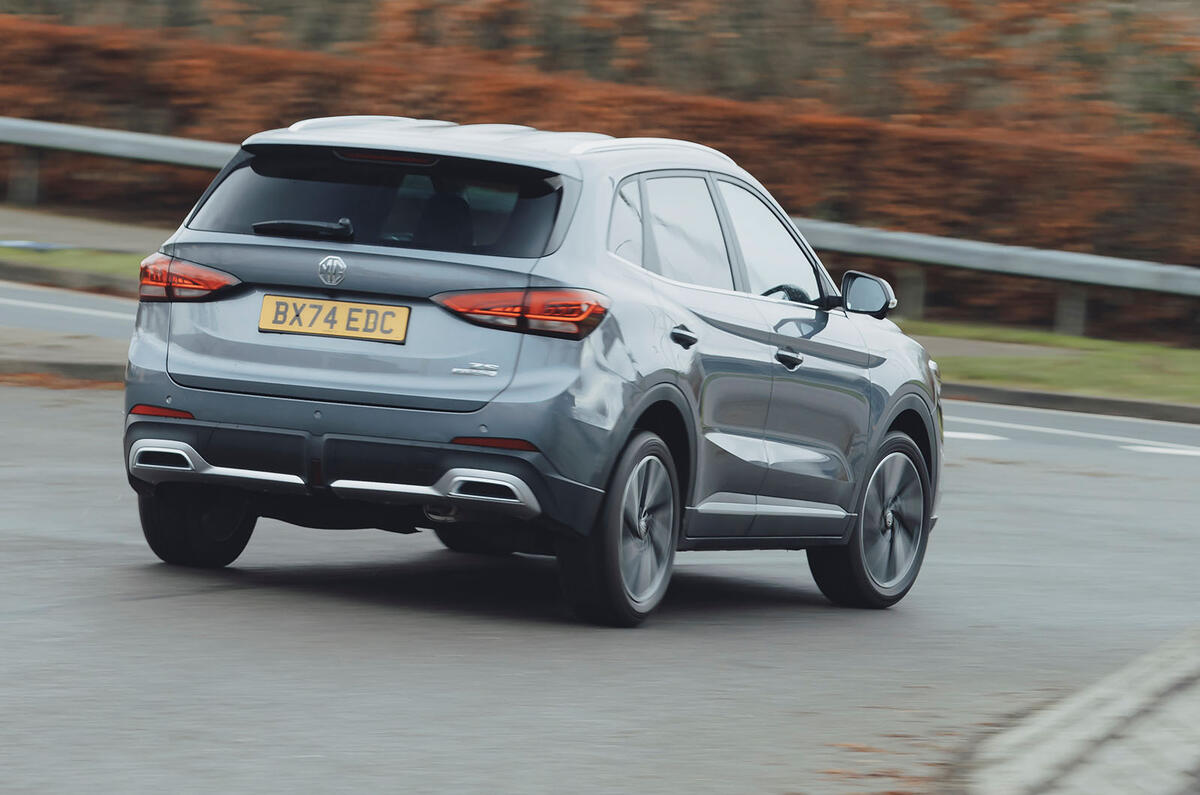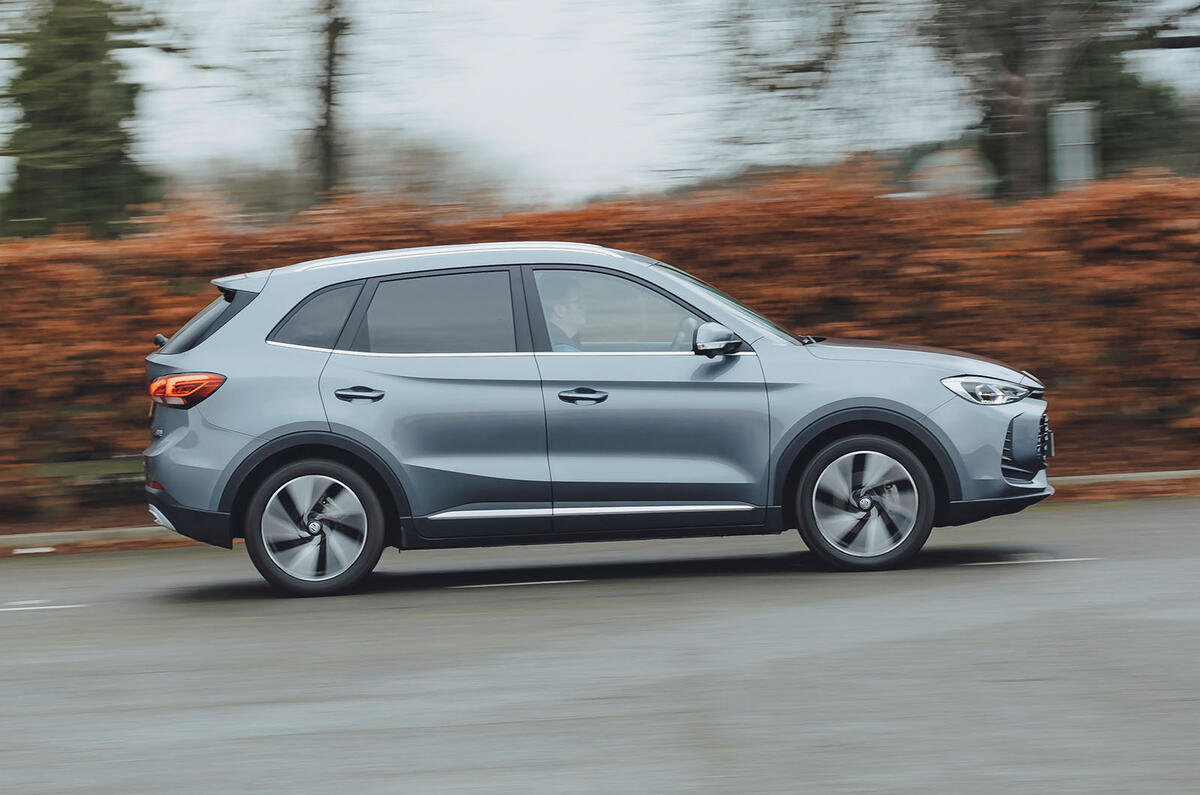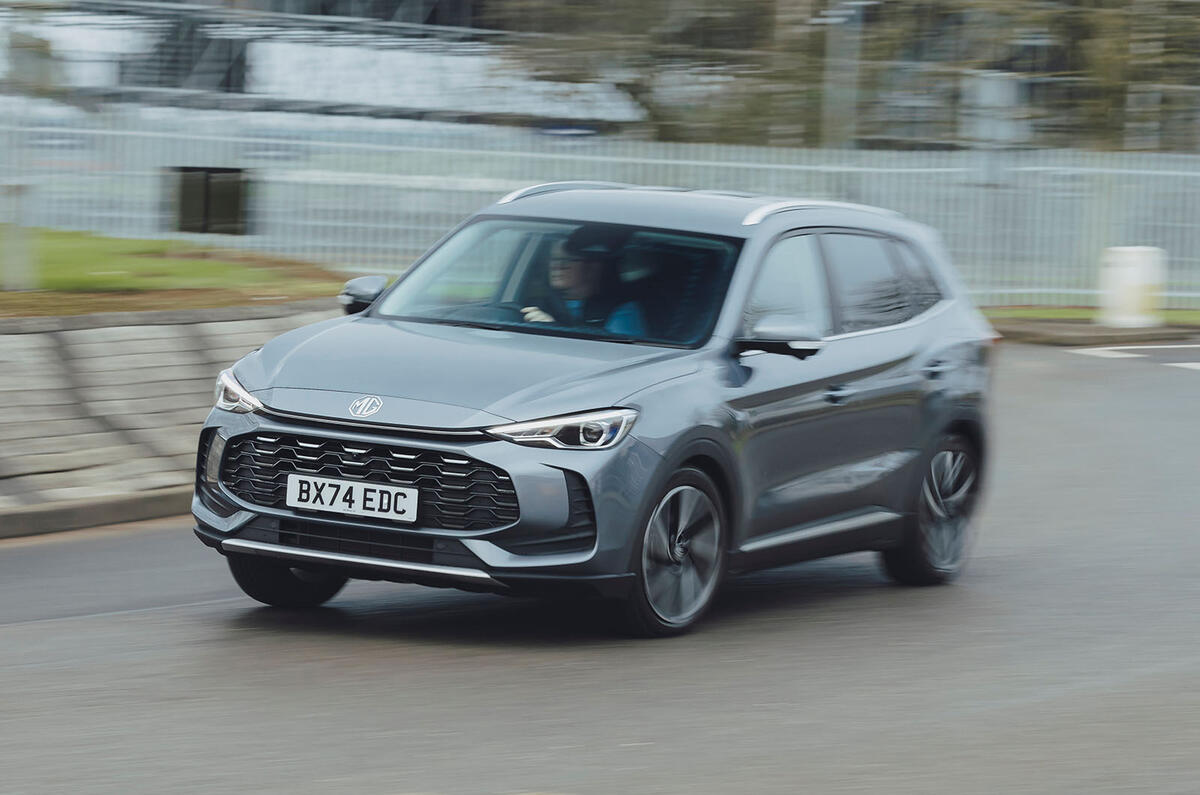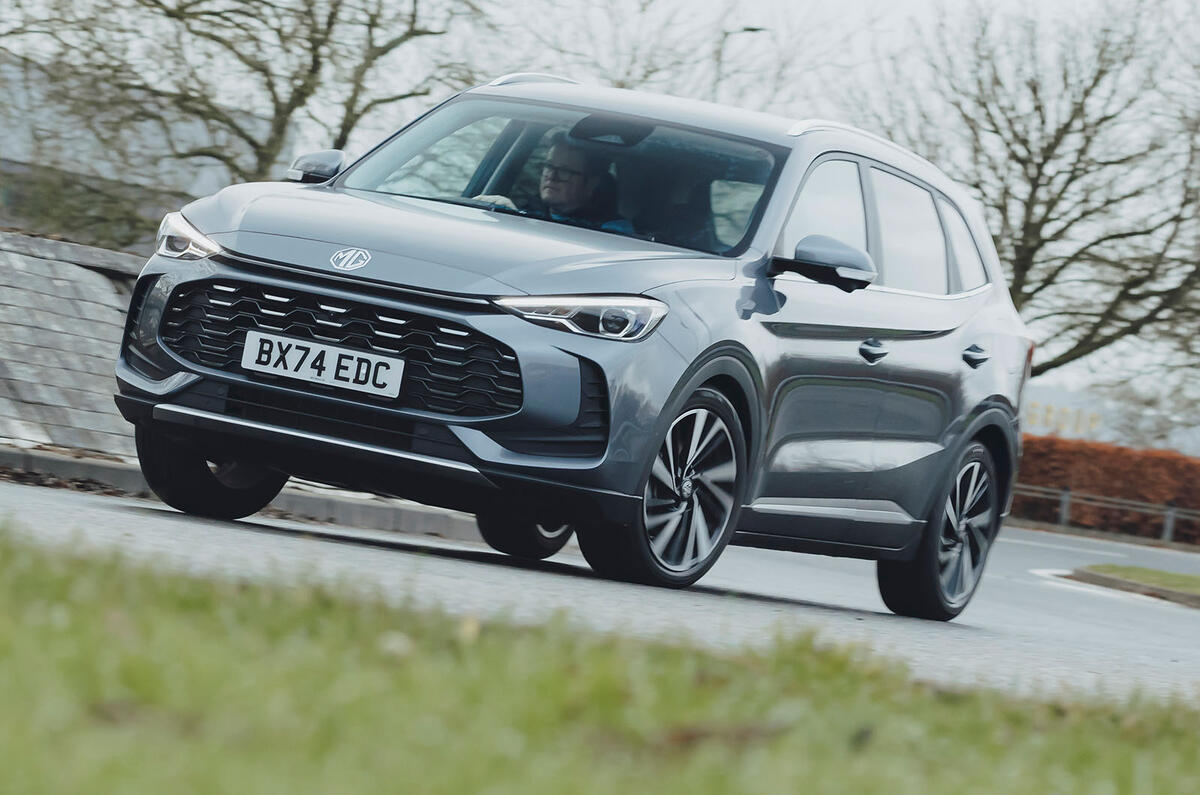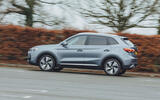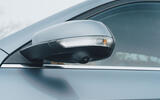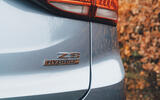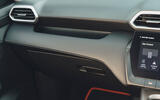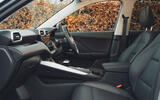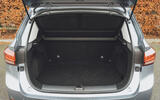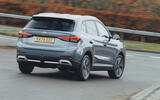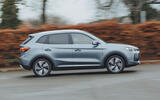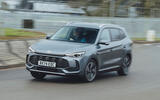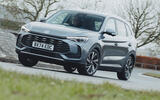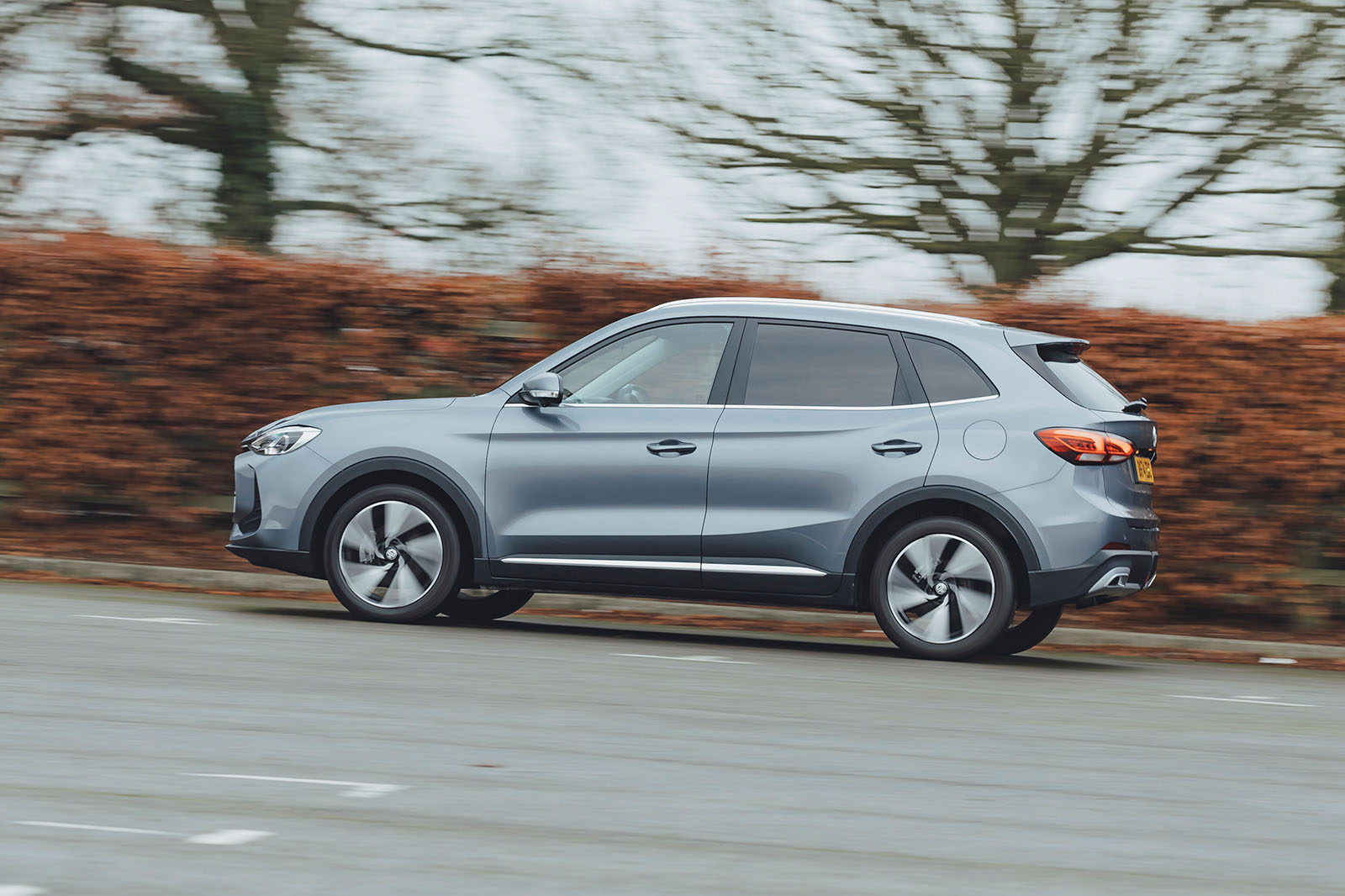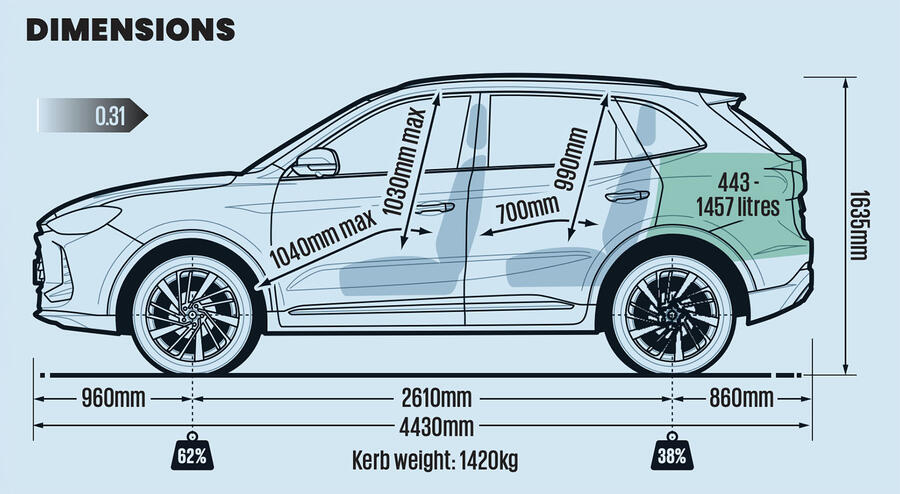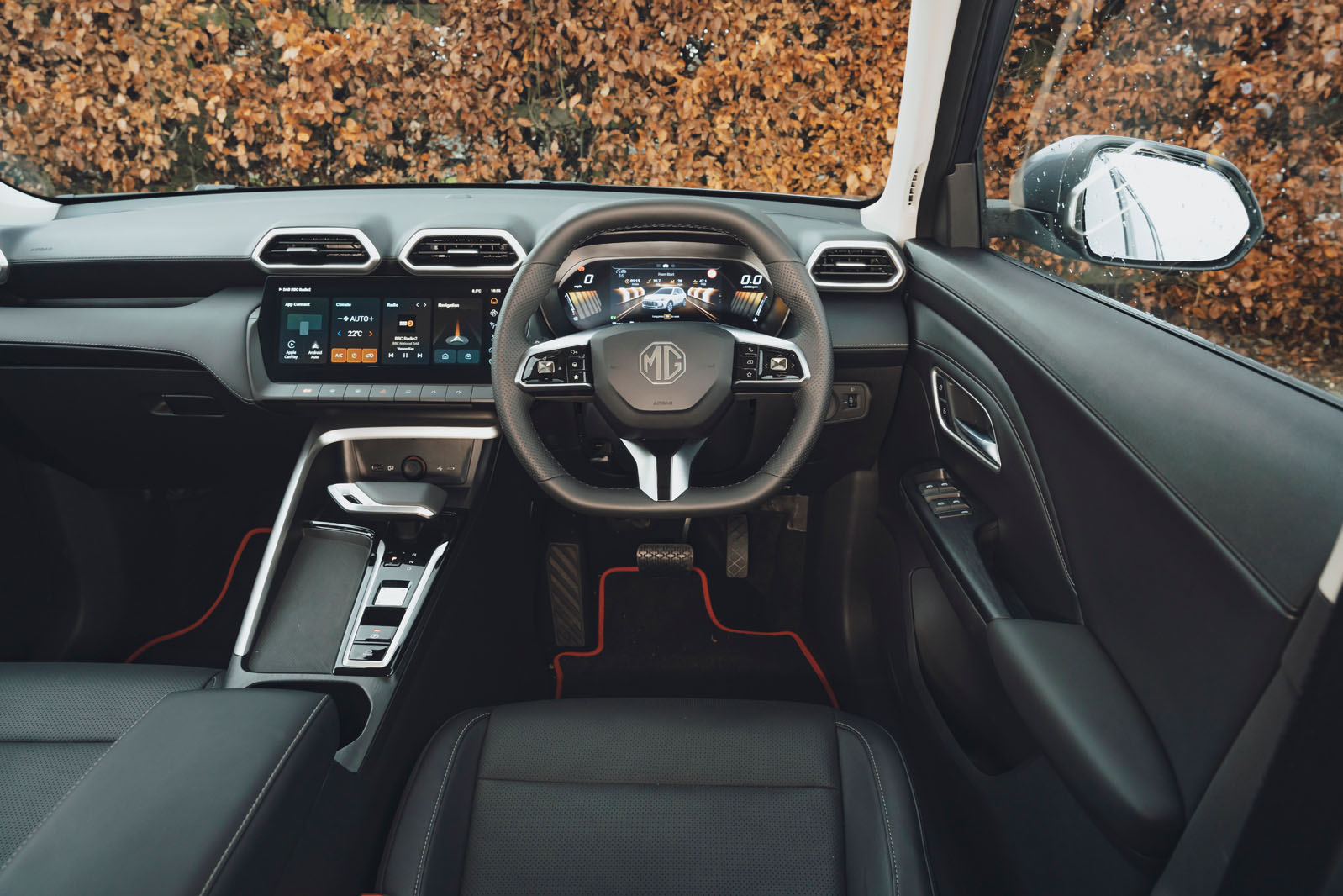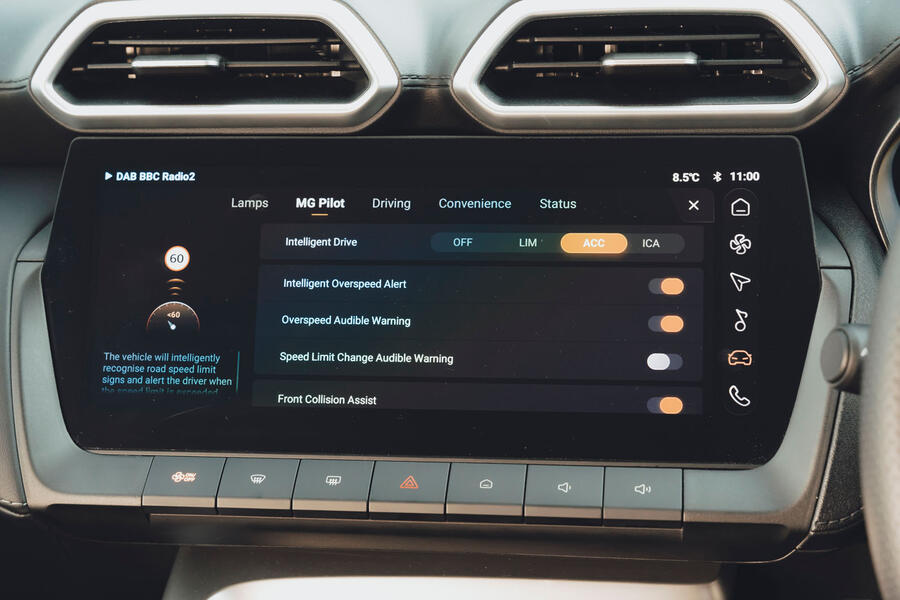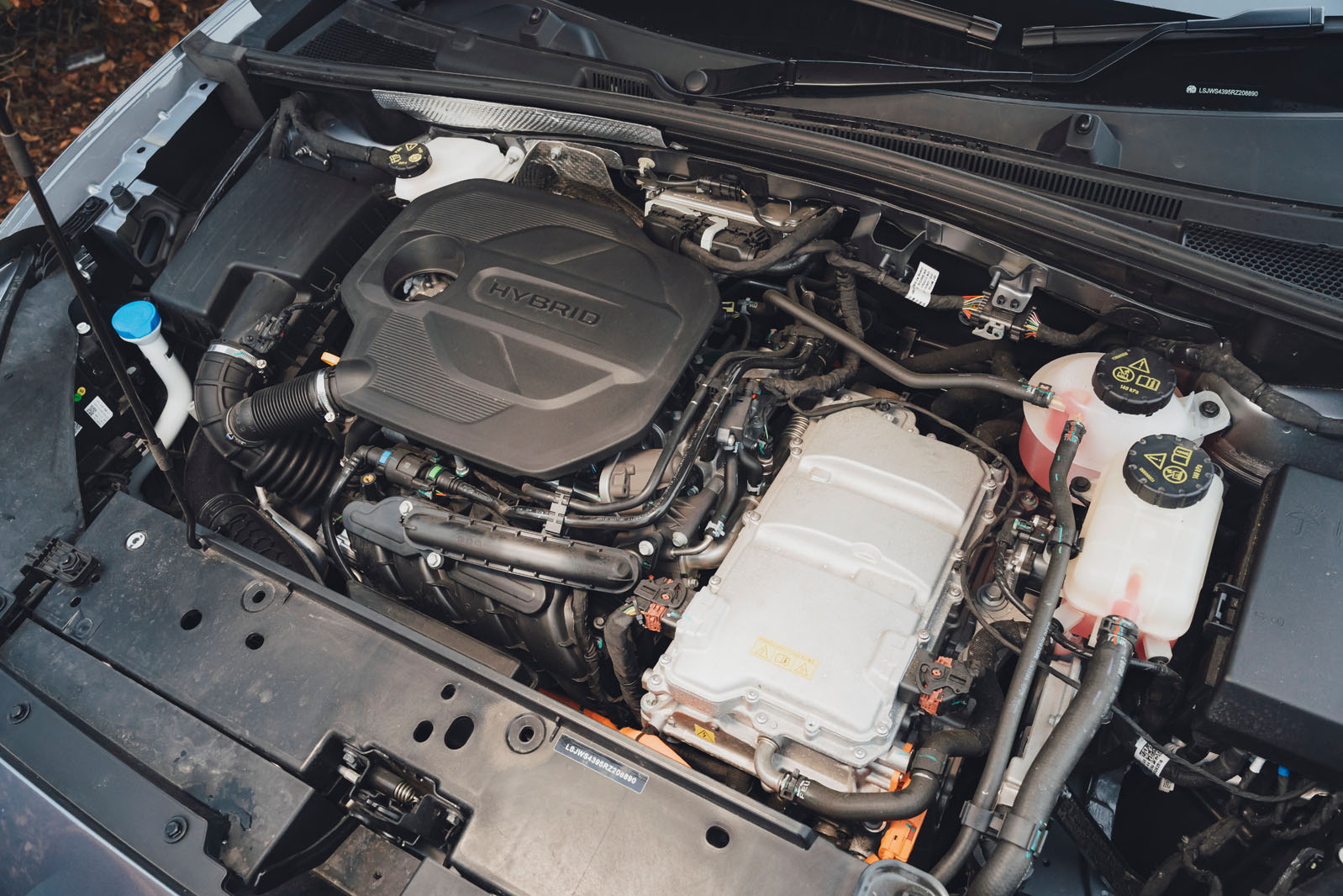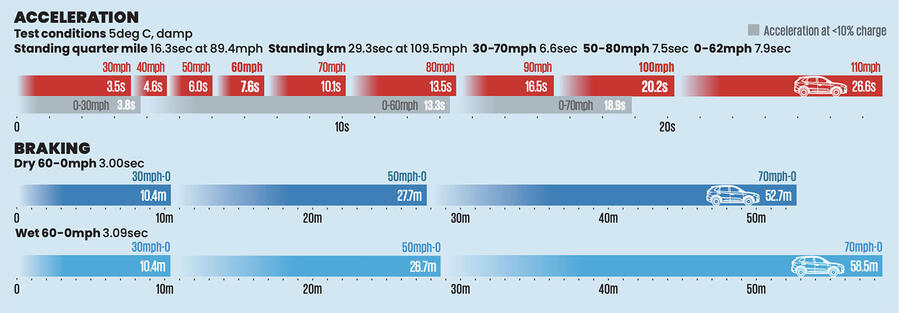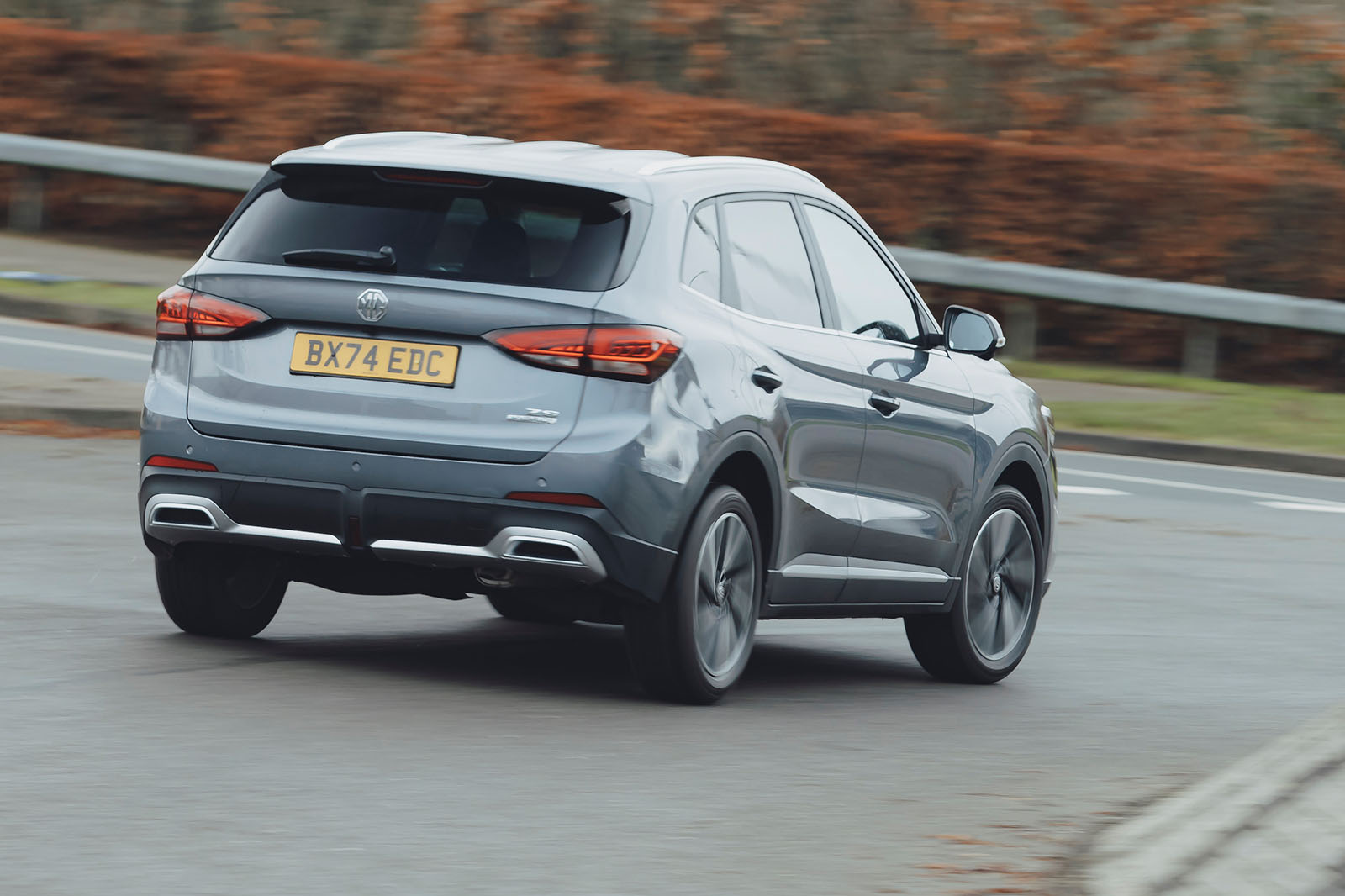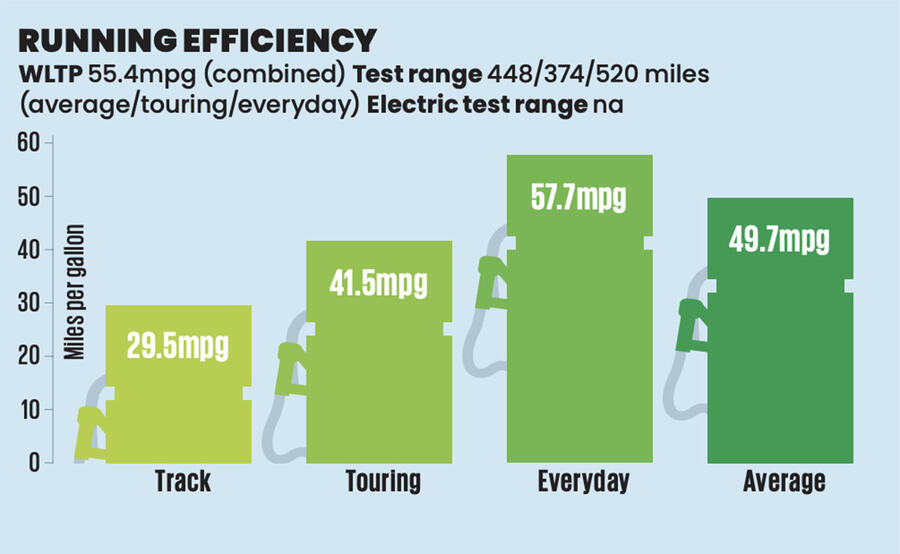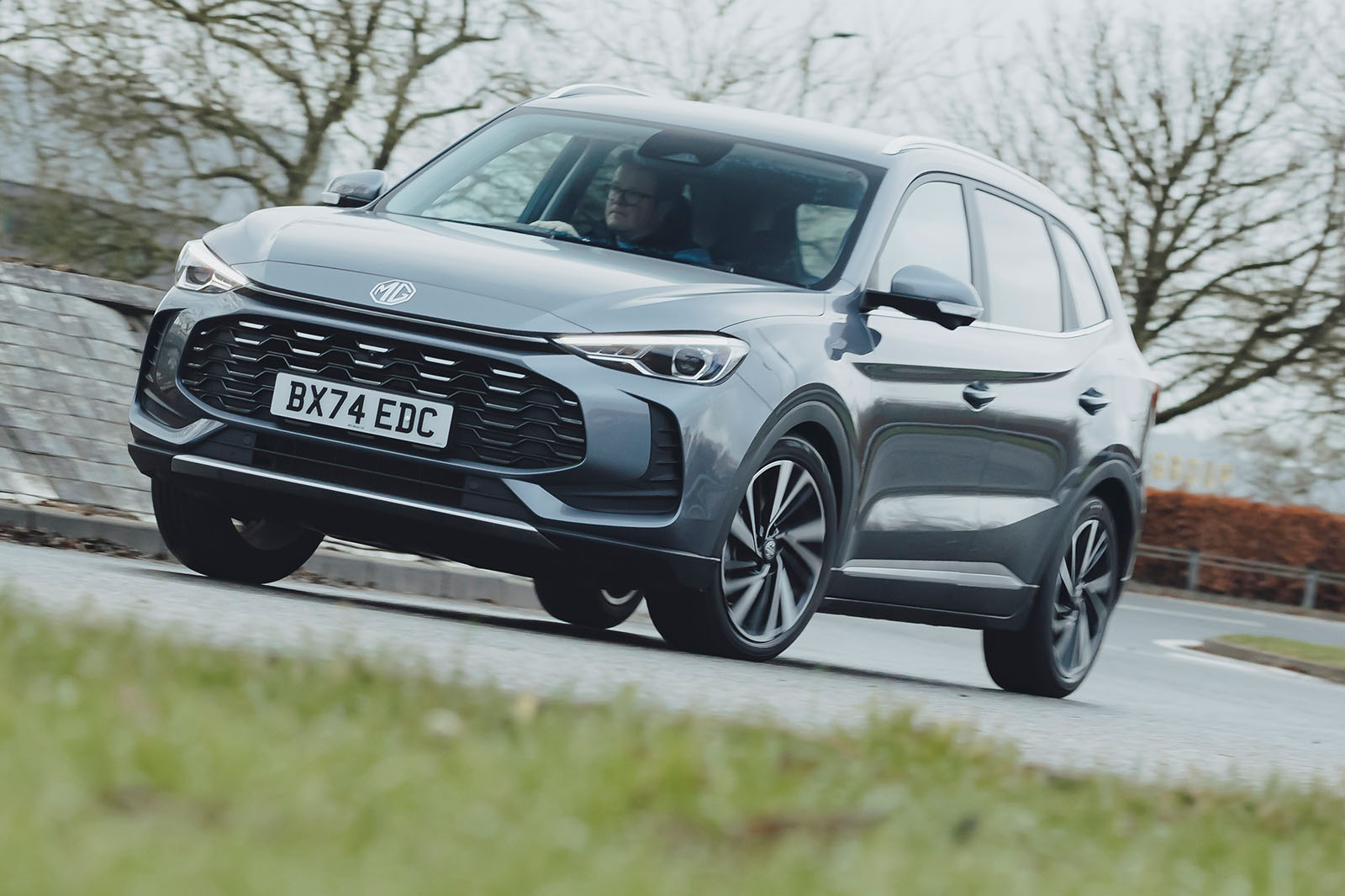The MG ZS is a car with no greater dynamic ambition, clearly, than to cover the bases, to do nothing badly and to avoid standing out for the wrong reasons. With a few minor demerits, it gets fairly close to hitting that mark, as modest as it may be.
The suspension grants a medium-soft low-speed ride, allied to a fairly assured sort of body control that keeps the car’s mass in check, and its cabin settled, at speed. The steering ranges from feeling a little light and over-assisted at low speeds to a bit leaden out of town, though it isn’t a bugbear.
There’s an edge of fidgeting woodenness and clunkiness to the secondary ride, which suggests that more care could have been taken with the damper tuning, but, again, it’s not enough to offend.
Grip levels on the standard-fit Giti tyres aren’t especially high and suggest efficiency ranked quite a lot higher than outright roadholding on MG’s list of dynamic priorities. Thankfully, the ZS’s electronic traction and stability controls work well with the adhesion levels granted by them, and the car is pleasant and competent enough to drive across the speed range.
Assisted driving - 2.5 stars
Unlike rival budget brands, MG clearly wants to over-deliver for the money with its standard-fit ADAS features. For as little as £21,995, you’re getting a car with adaptive and intelligent cruise control, as well as active lane keeping assistance, driver monitoring, AEB and even hill descent control.
More’s the pity, then, that they are systems you will be reaching to quickly deactivate in many cases (and MG doesn’t make this as easy as it could). The speed limit detection is prone to missing changes in the posted limit, and the speeding buzzer is annoyingly persistent.
The lane keeping system does have a steering wheel button for activation, mercifully. Leave it on and it’s quite pedantic about specific lane positioning, even on the motorway, and intrudes on the steering all too frequently.


